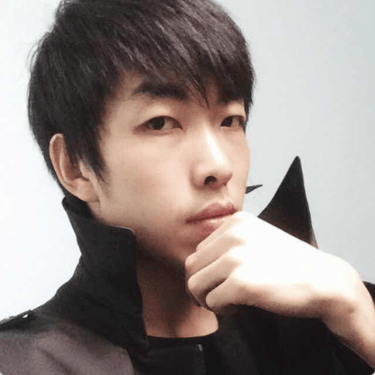

How to use "吧" (ba) In Chinese?
The particle "吧" (ba) in Chinese is a versatile word often used at the end of a sentence. It serves various functions, including making suggestions, softening statements, indicating uncertainty, and asking for agreement. Here are the main uses of "吧" with examples:
1. Making Suggestions or Proposals
When "吧" is used at the end of a sentence, it can indicate a suggestion or proposal, making the sentence sound softer and more polite.
Examples:
- 我们去吃饭吧。(Wǒmen qù chīfàn ba.) — Let's go eat.
- 休息一下吧。(Xiūxi yíxià ba.) — Let's take a break.
2. Seeking Agreement or Confirmation
"吧" can also be used to ask for agreement or confirmation from the listener, implying that the speaker is expecting a positive response or agreement.
Examples:
- 你是老师吧?(Nǐ shì lǎoshī ba?) — You are a teacher, right?
- 今天很热吧?(Jīntiān hěn rè ba?) — It's hot today, isn't it?
3. Softening Commands or Requests
Using "吧" at the end of a command or request can soften the tone, making it sound less direct or forceful.
Examples:
- 把门关上吧。(Bǎ mén guān shàng ba.) — Please close the door.
- 给我打电话吧。(Gěi wǒ dǎ diànhuà ba.) — Give me a call, please.
4. Expressing Uncertainty or Hesitation
When the speaker is uncertain or hesitant, "吧" can be used to indicate that the speaker is not entirely sure about what they are saying.
Examples:
- 他可能不会来了吧。(Tā kěnéng bù huì lái le ba.) — He probably won't come, right?
- 我记得是这样吧。(Wǒ jìdé shì zhèyàng ba.) — I think it was like this, but I'm not sure.
5. Making Assumptions
"吧" can also be used to make assumptions, where the speaker is guessing or inferring something.
Examples:
- 他应该到了吧。(Tā yīnggāi dào le ba.) — He should have arrived by now.
- 你已经吃过饭了吧?(Nǐ yǐjīng chī guò fàn le ba?) — You have already eaten, right?
Summary
- Making suggestions or proposals: 我们去看电影吧。(Let's go watch a movie.)
- Seeking agreement or confirmation: 你知道他的名字吧?(You know his name, right?)
- Softening commands or requests: 帮我拿一下吧。(Please help me carry this.)
- Expressing uncertainty or hesitation: 他不会生气吧?(He won't be angry, right?)
- Making assumptions: 你应该很忙吧?(You must be very busy, right?)
Would you like more examples or a deeper explanation of any particular usage?
